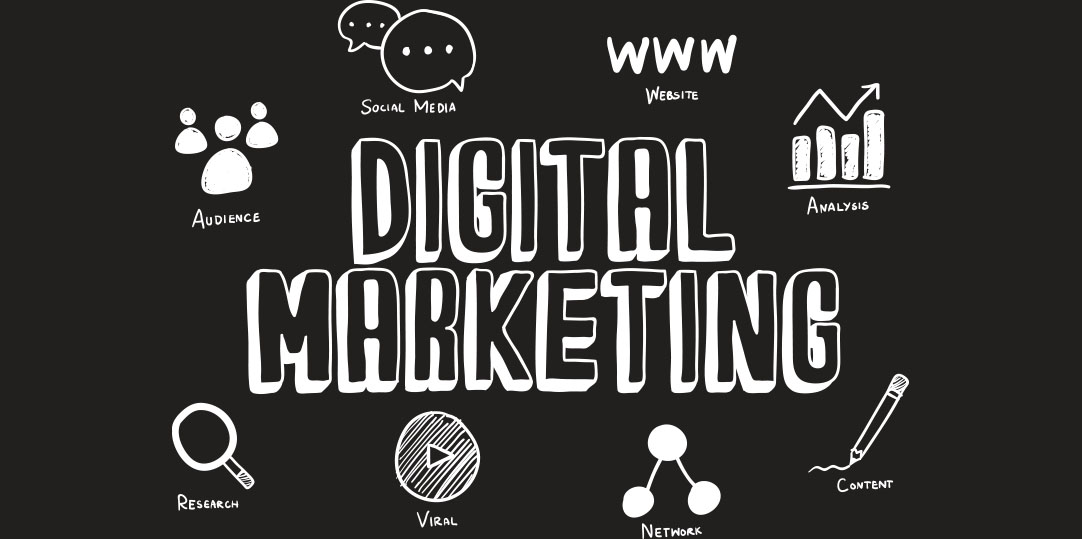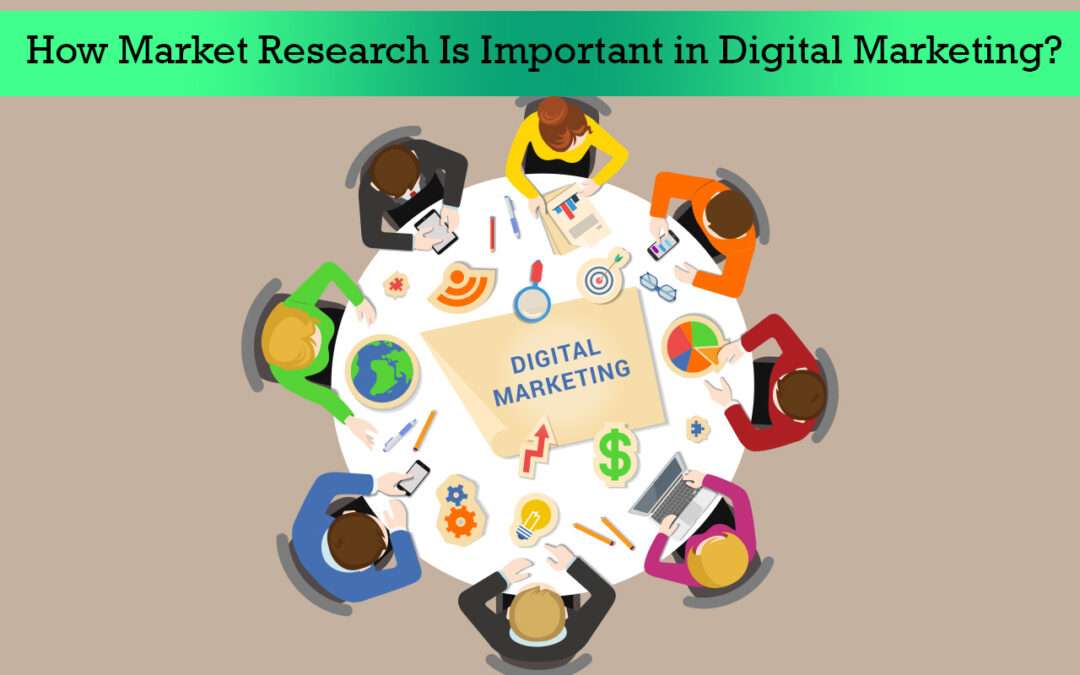What are the benefits of market research?
Marketing is simply the method of acquiring useful data on customer wants and needs. It aids in identifying whether a product or service has a market and is an important aspect of any business’s development. This Article is on Market Research and its benefits.
It provides organizations with information about consumer profiles and spending habits, as well as the data they need to make sound business decisions.
The practice of advertising or promoting a brand, a product, or a service through one or more kinds of electronic media is digital marketing.
It is usually done through the Internet, wireless text messaging, podcasts, mobile apps, and websites where you give a virtual representation of your brand.
How Market Research Is Important in Digital Marketing?
It is essential to note that market research used to be too time-consuming and expensive to conduct.
Market research has progressed from pen-and-paper surveys, one-on-one interviews, and focus group discussions to something more mobile, fast, and handy, thanks to the internet.
Mobile market research requires the use of devices such as smartphones to conduct campaigns and analyze product usage,
Market research has no doubt used social media to collect and analyses millions of posts from various social networking sites in order to uncover patterns and learn more about buyers.

Role and Influence of Market Research in Digital Marketing
Market research, particularly when conducted through social media channels, allows firms to study and learn their audience’s language.
However, companies will be able to interact with their consumers by learning the language and copying it in promotional advertising.
As a result, there’s a good probability that they will click over to a webpage and convert. Aside from the language, businesses will be able to identify trends and common behaviors among their customers, which may then be included into their digital marketing efforts.
Knowing what customers like and dislike via social media and other platforms aids firms in identifying key influencers in a given demographic.
Because consumer preferences change over time, the buyer personas developed may not always be accurate.
As a result, being up to current on consumer behavior will enable researchers to update buyer profiles and develop more relevant content, resulting in increased channel traffic and engagement.
However, market research facilitates this process by watching and listening to customers and gaining a deeper understanding of current trends and themes.
To enhance traffic and consumer interaction, digital marketers can use market research to run targeted advertising and send personalized emails.
Not every social media platform is appropriate for every business. To avoid wasting resources, it’s crucial to keep track of which sites are relevant or have higher involvement. Reconsider where your target markets congregate.
Uses Of Market Research in Digital Marketing
- Find potential new consumers
- Get to know your current clients
- Set attainable goals for your company
- Create innovative and successful methods
- Resolve your most pressing business issues
- Look into expanding your business
- Determine ways to broaden your product or service offering
- Consumer Preferences are being updated
- Identifying the most effective channels
Conclusion
It is true that the potential of digital marketing cannot be completely realized without market research. In order to be successful on the internet, it is vital to understand the value of market research in digital marketing that can aid you or your company in developing an efficient digital marketing strategy and strengthening your online presence.
As more prospects freely disclose their everyday activities, including their hobbies, opinions, likes, and dislikes, digital footprints are becoming easier to track.
Segmenting customers based on their goals and needs will help create a more personalized message, which will improve virtual interactions even more.
Furthermore, this may be used to identify people who have power over the brand, which can lead to increased trust because prospects are more inclined to build bonds with reliable sources.

